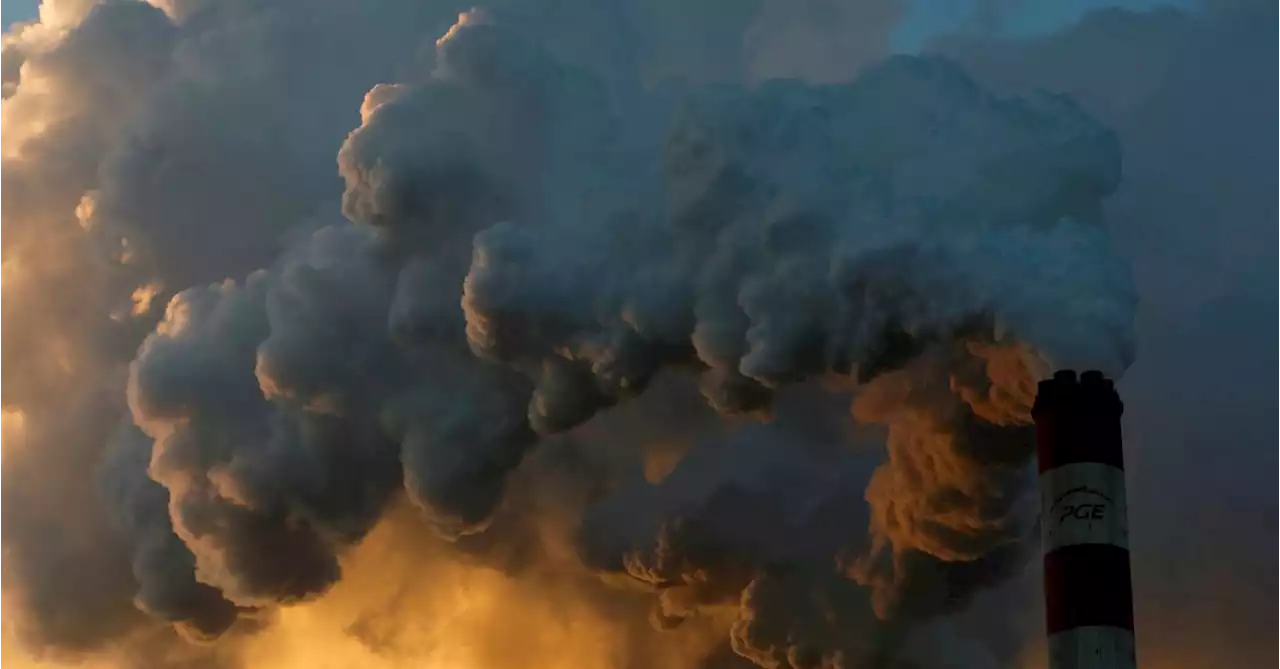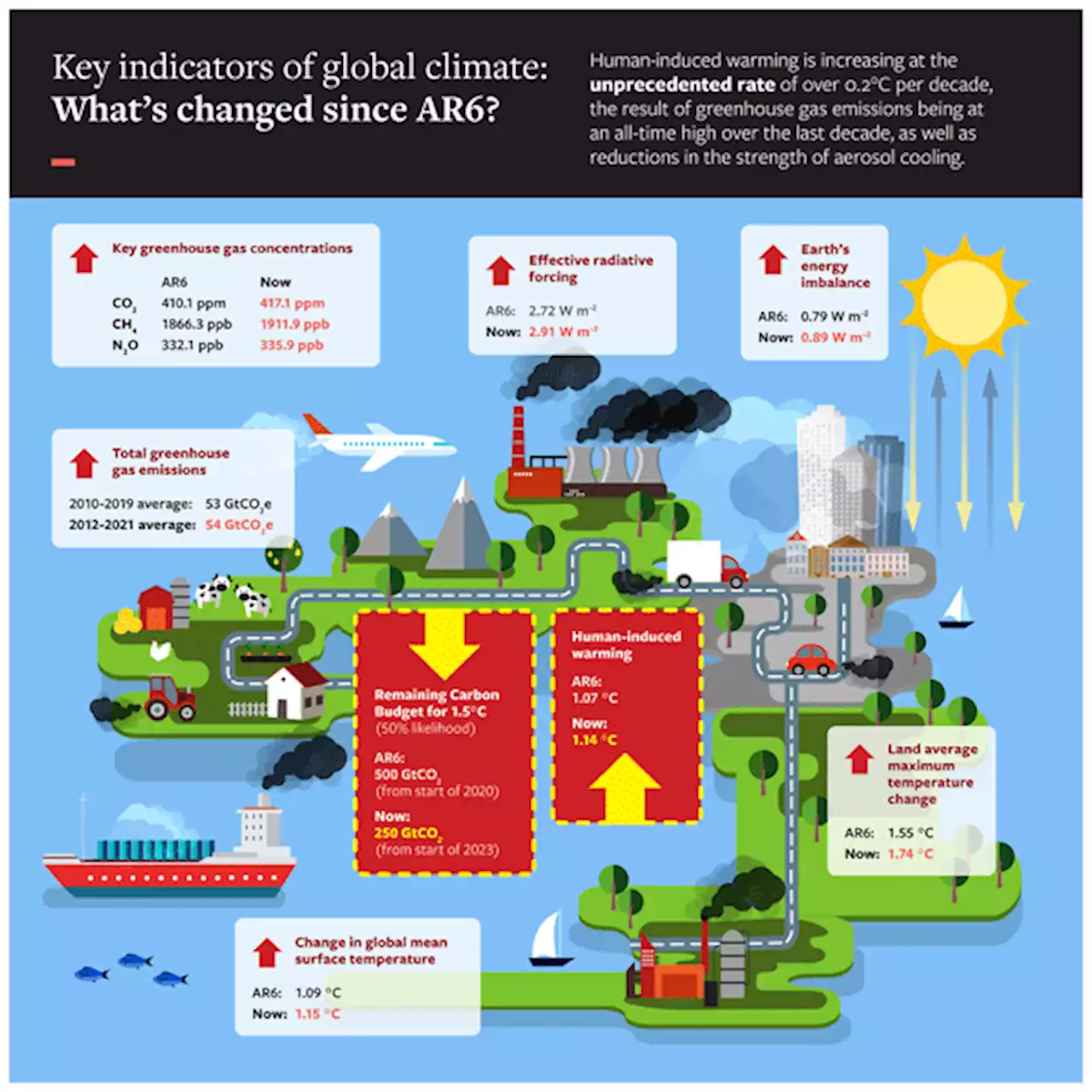“I want people to know that it’s possible to fight these big, multi-million entities,” says Alessandra Chavira.
to host a pop-up event in Denver featuring BIPOC vendors and musicians. “During the event, we talked about the issues we’re facing with Suncor,” says Chavira. “I would give a lot of props to the Indigenous Youth Council—they’ve been holding the fight for a long time. There are a lot of youth movements here that are very intertwined. Community works that way.”
Members of the Brown Berets Colorado chapter. “Everyone who lives in Commerce City got a free air monitor, and some days it’ll tell you, ‘Don’t go outside.’ The only reason we have [the monitors] is not because of the city, though. It’s because of the organizations advocating for its residents.”Chavira’s involvement in community and environmental work extends further back than just this year, however.
It was in high school that Chavira became more deeply involved in climate activism. At the time, she was hired as an assistant at a community garden in Montbello, a neighborhood just a short drive from Commerce City, where she first became aware of the Suncor refinery. “My boss was talking to me about Suncor and how it was fucking up the soil to the point where they can’t plant out there,” says Chavira.
Residences bordering the Suncor Commerce City refinery. Chavira first became aware of the refinery and its environmental impact while working at a community garden: “My boss was talking to me about Suncor and how it was fucking up the soil to the point where they can’t plant out there.”
South Africa Latest News, South Africa Headlines
Similar News:You can also read news stories similar to this one that we have collected from other news sources.
 Big investor group urges action, not words, to meet climate goalsThe world's biggest investor coalition trying to curb corporate emissions said on Thursday that its members must get companies to cut their emissions rather than just talk about it, as it outlined plans to make these investors more accountable.
Big investor group urges action, not words, to meet climate goalsThe world's biggest investor coalition trying to curb corporate emissions said on Thursday that its members must get companies to cut their emissions rather than just talk about it, as it outlined plans to make these investors more accountable.
Read more »
 Indicators of Global Climate Change 2022: annual update of large-scale indicators of the state of the climate system and human influenceAbstract. Intergovernmental Panel on Climate Change (IPCC) assessments are the trusted source of scientific evidence for climate negotiations taking place under the United Nations Framework Convention on Climate Change (UNFCCC), including the first global stocktake under the Paris Agreement that will conclude at COP28 in December 2023. Evidence-based decision-making needs to be informed by up-to-date and timely information on key indicators of the state of the climate system and of the human influence on the global climate system. However, successive IPCC reports are published at intervals of 5–10 years, creating potential for an information gap between report cycles. We follow methods as close as possible to those used in the IPCC Sixth Assessment Report (AR6) Working Group One (WGI) report. We compile monitoring datasets to produce estimates for key climate indicators related to forcing of the climate system: emissions of greenhouse gases and short-lived climate forcers, greenhouse gas concentrations, radiative forcing, surface temperature changes, the Earth's energy imbalance, warming attributed to human activities, the remaining carbon budget, and estimates of global temperature extremes. The purpose of this effort, grounded in an open data, open science approach, is to make annually updated reliable global climate indicators available in the public domain (https://doi.org/10.5281/zenodo.8000192, Smith et al., 2023a). As they are traceable to IPCC report methods, they can be trusted by all parties involved in UNFCCC negotiations and help convey wider understanding of the latest knowledge of the climate system and its direction of travel. The indicators show that human-induced warming reached 1.14 [0.9 to 1.4] ∘C averaged over the 2013–2022 decade and 1.26 [1.0 to 1.6] ∘C in 2022. Over the 2013–2022 period, human-induced warming has been increasing at an unprecedented rate of over 0.2 ∘C per decade. This high rate of warming is caused by a combination of greenhou
Indicators of Global Climate Change 2022: annual update of large-scale indicators of the state of the climate system and human influenceAbstract. Intergovernmental Panel on Climate Change (IPCC) assessments are the trusted source of scientific evidence for climate negotiations taking place under the United Nations Framework Convention on Climate Change (UNFCCC), including the first global stocktake under the Paris Agreement that will conclude at COP28 in December 2023. Evidence-based decision-making needs to be informed by up-to-date and timely information on key indicators of the state of the climate system and of the human influence on the global climate system. However, successive IPCC reports are published at intervals of 5–10 years, creating potential for an information gap between report cycles. We follow methods as close as possible to those used in the IPCC Sixth Assessment Report (AR6) Working Group One (WGI) report. We compile monitoring datasets to produce estimates for key climate indicators related to forcing of the climate system: emissions of greenhouse gases and short-lived climate forcers, greenhouse gas concentrations, radiative forcing, surface temperature changes, the Earth's energy imbalance, warming attributed to human activities, the remaining carbon budget, and estimates of global temperature extremes. The purpose of this effort, grounded in an open data, open science approach, is to make annually updated reliable global climate indicators available in the public domain (https://doi.org/10.5281/zenodo.8000192, Smith et al., 2023a). As they are traceable to IPCC report methods, they can be trusted by all parties involved in UNFCCC negotiations and help convey wider understanding of the latest knowledge of the climate system and its direction of travel. The indicators show that human-induced warming reached 1.14 [0.9 to 1.4] ∘C averaged over the 2013–2022 decade and 1.26 [1.0 to 1.6] ∘C in 2022. Over the 2013–2022 period, human-induced warming has been increasing at an unprecedented rate of over 0.2 ∘C per decade. This high rate of warming is caused by a combination of greenhou
Read more »
 A multimodel analysis of post-Glasgow climate targets and feasibility challenges - Nature Climate ChangeAlthough many countries have strengthened their emissions reduction pledges, their ability to limit the warming outcomes is still in question. A multimodel analysis demonstrates that these trajectories are in line with the 2 °C target but countries probably face feasibility challenges to achieve them.
A multimodel analysis of post-Glasgow climate targets and feasibility challenges - Nature Climate ChangeAlthough many countries have strengthened their emissions reduction pledges, their ability to limit the warming outcomes is still in question. A multimodel analysis demonstrates that these trajectories are in line with the 2 °C target but countries probably face feasibility challenges to achieve them.
Read more »
 Meet the young stars of USAC's 2023 Midget WeekThey’re driving small cars on small tracks, but USAC's newest class of up-and-coming stars are big on talent for 2023's Indiana Midget Week.
Meet the young stars of USAC's 2023 Midget WeekThey’re driving small cars on small tracks, but USAC's newest class of up-and-coming stars are big on talent for 2023's Indiana Midget Week.
Read more »
 Meet the animals that can handle extreme heatMany species have clever adaptations to handle heat, particularly those in arid desert environments. But they’ll need to evolve even more quickly to keep pace with climate change
Meet the animals that can handle extreme heatMany species have clever adaptations to handle heat, particularly those in arid desert environments. But they’ll need to evolve even more quickly to keep pace with climate change
Read more »
